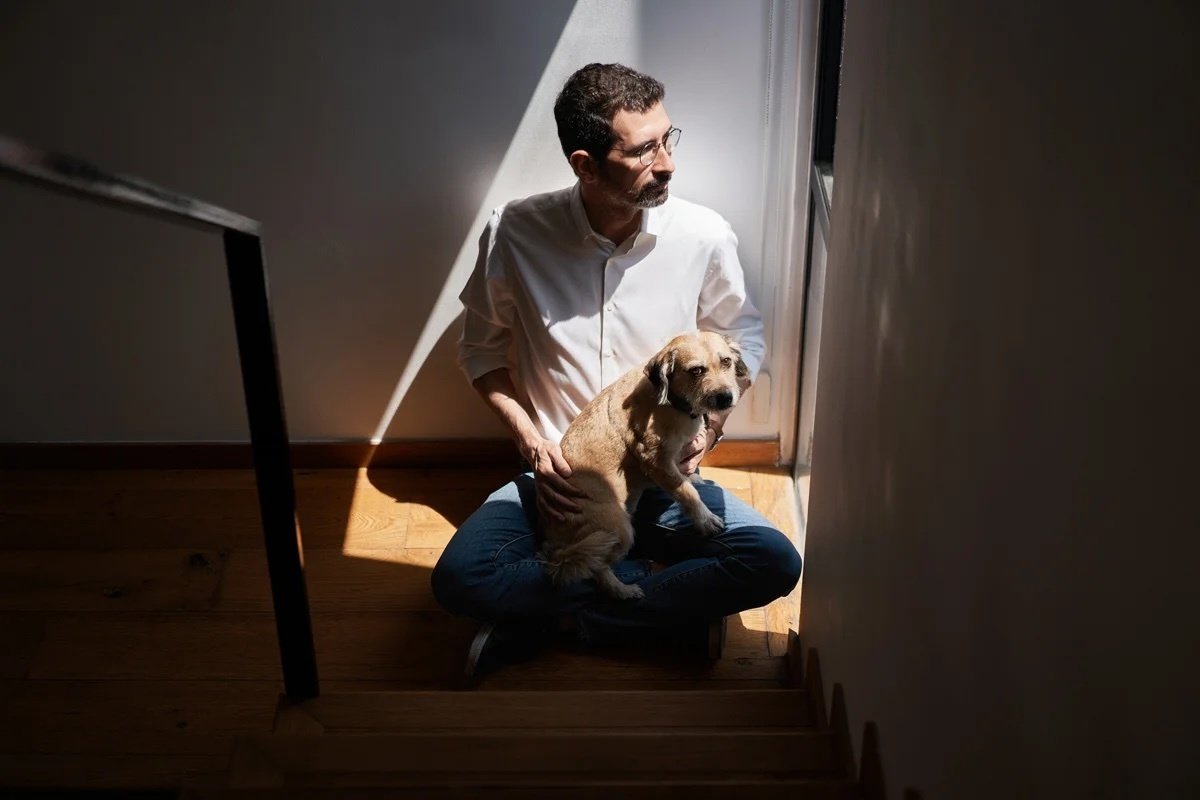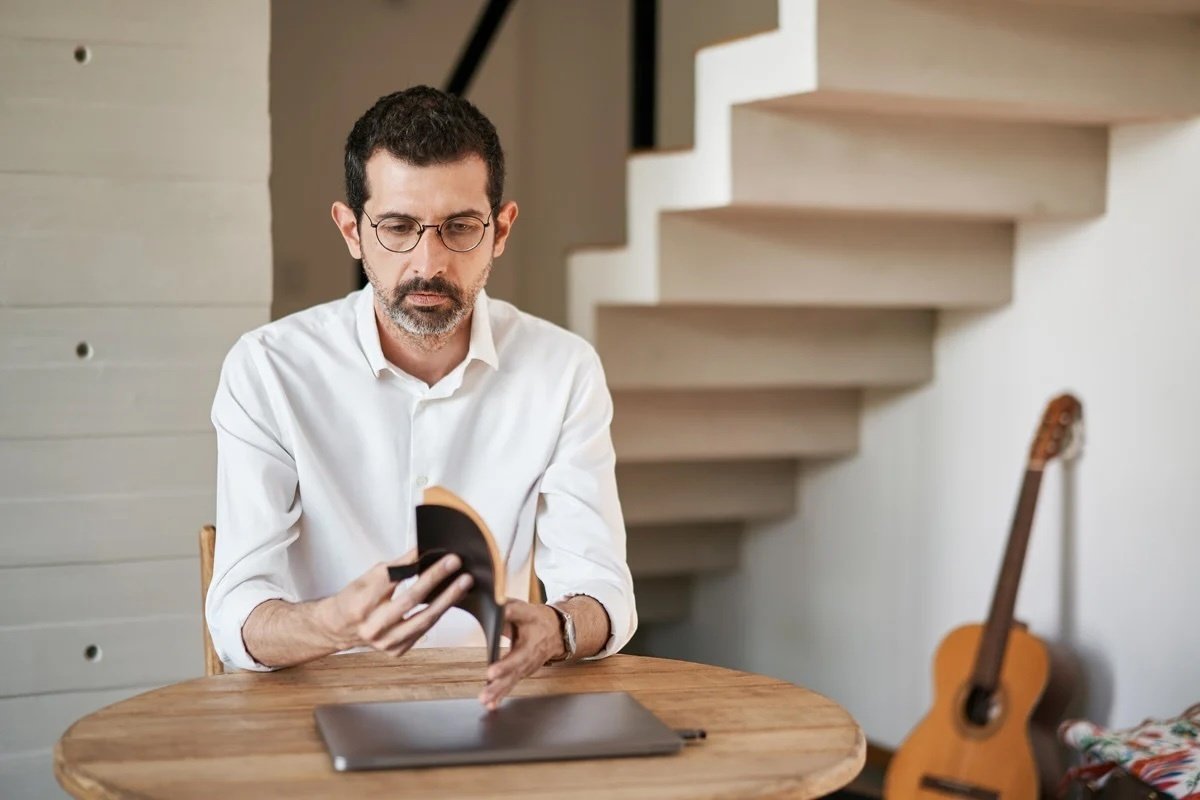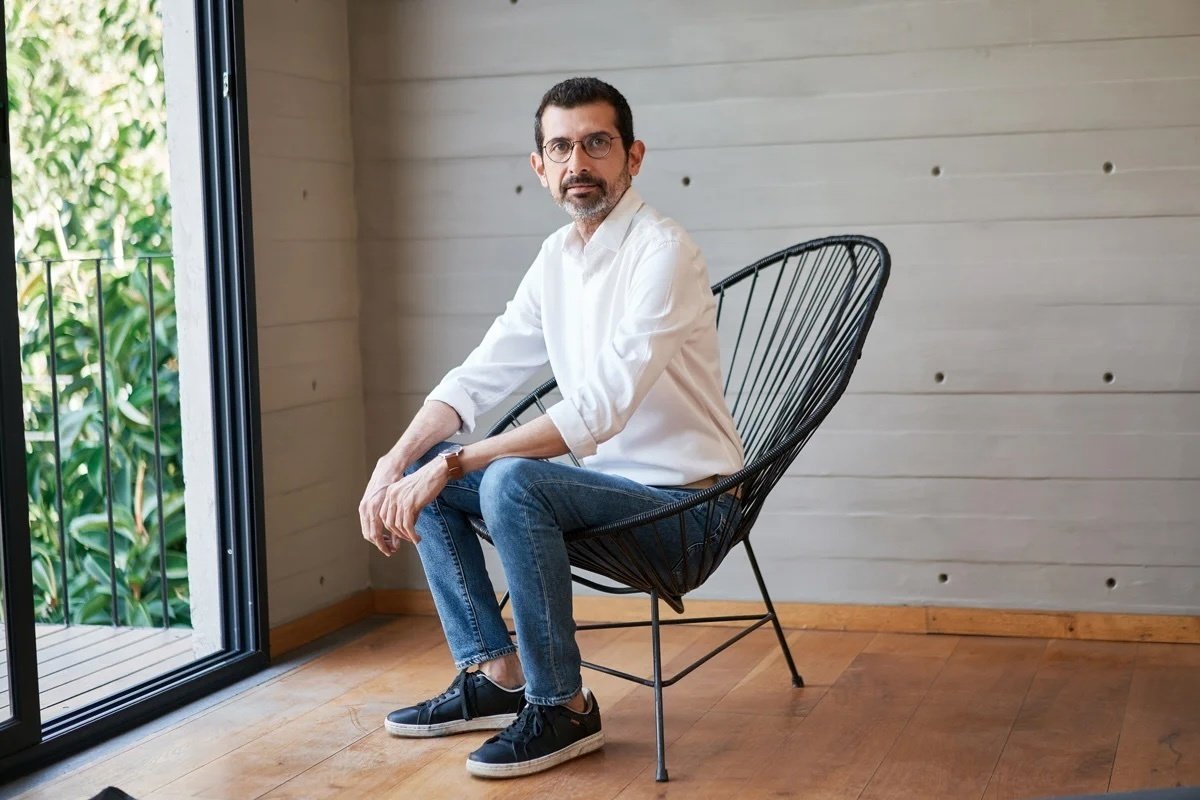The Fuckup Nights movement: The art of sharing failures on stage
May 23, 2024
7 mins
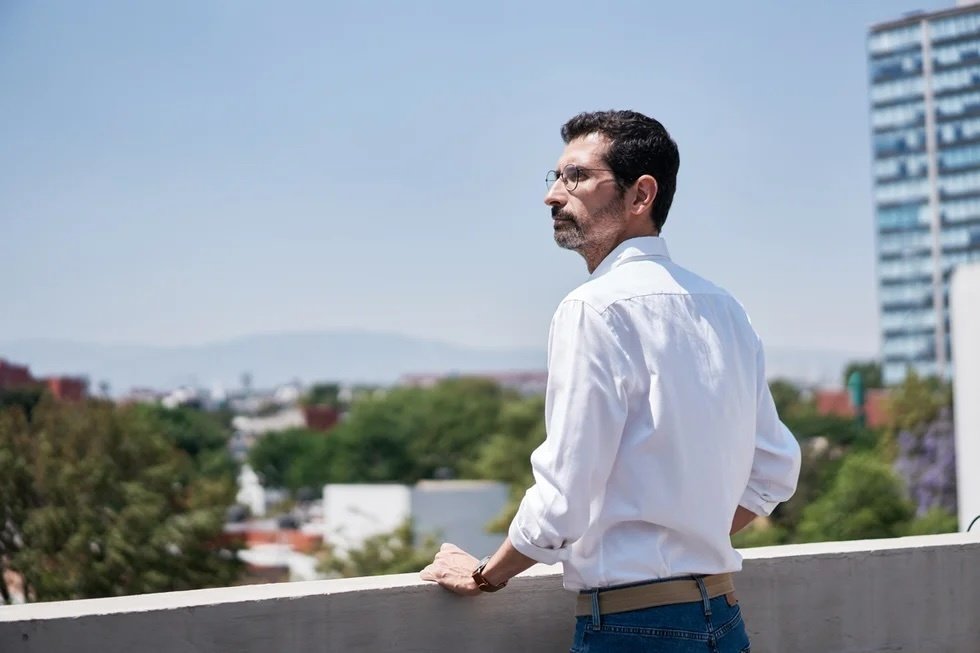
Let’s be clear, failing isn’t a pleasant experience for anyone. But for the global Fuckup Nights movement—hatched one evening by a group of Mexican friends after a little too much tequila—failure, if embraced and shared, can be the source of many positive things. Pepe Villatoro, the co-founder of these unique evenings, talks to us about learning, honesty, and shattering the capitalist myth.
What’s the main goal of Fuckup Nights and how has it evolved over the years?
Our goal is to help create an environment where everyone can openly share their failures, so that people can free themselves of the stigma and norms holding them back.
When we started Fuckup Nights, we had no specific mission, aim, or goal. We decided to start sharing our own stories of failure because we were tired of hearing the same simplistic success stories that are constantly in the media. By sharing our stories, we started to realize the power of what we were doing, mainly thanks to learning and the community that had been created around an environment of authenticity and vulnerability. And now, having heard these confessions, we aim to convey a unique voice: we need to break free from these expectations for success that are imposed on us by our capitalist world.
You advocate for sharing our failures, which is a hard thing to do…How and why do you think this sharing can be beneficial to us?
Talking about your failures is a very personal experience, which can benefit us in different ways. The testimonials we receive from around the world touch on various concepts:
- Self-awareness: Revisiting a failure allows for deep learning thanks to perspective afforded by time.
- Learning: By socializing our human stories, it not only helps us to avoid making the same mistakes, but also share knowledge and evolve as a civilization.
- Community: Revealing yourself as you are, being completely transparent about how you failed, allows you to connect with the people around you on a deeper level. Business and professional environments are teeming with people in disguise. Fuckup Nights empowers people to build relationships based on trust.
From your experience, what’s the most common misconception about failing in the professional world?
There are two very common misconceptions. The first is that failure can be avoided. The only way of avoiding failure is to never do anything that’s worthwhile. Living a life with no risks—or, rather, not living at all.
The second is that failure ultimately leads to success. Self-help and business gurus love to say this, which of course is just not true. They’re only trying to use failure as another way of continuing to sell their supposedly guaranteed methods for success. Failure is an ugly and rough experience. It’s part of our personal growth and evolution but failure today doesn’t guarantee success tomorrow—and nor does a series of failures ensure future success.
How has the perception of failure changed the way you work as an entrepreneur?
Fuckup Nights has been a great source of learning for me. Not just as an entrepreneur but also as a human being. I used to be more self-absorbed, always living in the future, trying to achieve something. But achieve what? I’m not sure. Just “achieving.” Because it’s what society and magazines tell us to do. To never be content. To work harder. To hustle. To “just do it.” And all sorts of senseless ideas designed to make us feel incomplete so that we buy more products and services. Today, I can be more honest with myself about what I truly value, so that I can build my life instead of living a life built for me by someone else.
“It’s much easier to try, fail, and succeed if you’re an educated, straight, white male, born in a wealthy country and into a stable family—with no disabilities.”
Fuckup Nights, where participants share their professional failures, have become a global movement with a presence in over 60 countries and over 15,000 stories shared to date. I suppose that vulnerability plays a key role in the stories shared at these events. How would you explain the popularity of these events and the desire for people to put themselves out there in this way?
Life under capitalism heightens individualism and competition. You’re constantly encouraged to have a better car than your neighbor, a better resumé, a fitter body…As philosopher Émile Durkheim said in the early 1900s, failure is life’s greatest burden within modern capitalism. Vulnerability completely goes against individualism and competition, which tear at the seams of our social fabric. Through vulnerability, we can build a community, create learning rituals, and help people to heal and grow. We all seek this, consciously or not, because it’s in our human nature, and because it feels good!
In a video by Ivana de Maria, who shared her story as a Latina actor in Hollywood, she said how she was ashamed of her failures, but she overcame them and shared them all the same. What would you recommend people do to stop feeling ashamed of their failures?
First, you need to understand where that shame comes from. It stems from various control mechanisms: religion, our society, or even our own families, who try to get us to conform to what is “right.” And if we don’t conform, they then make us feel ashamed of being different. I suggest trying to understand that every time we feel ashamed, we are succumbing to societal pressures that are trying to standardize us. We all need to find that balance between being ourselves and being functional within our societies. The more we know what we truly value, the less we’ll accept those external beliefs that make us feel inadequate.
In another video, Eliana Salvi relates how the hardest thing for her after the failure of her startup “Pink Trotters” was moving back in with her parents because she could no longer support herself financially…As an entrepreneur, have you ever had to overcome similar moments in life?
The more privileged we are, the more we can try to become an entrepreneur. It’s much easier to try, fail, and succeed if you’re an educated, straight, white male, born in a wealthy country and into a stable family—with no disabilities. I have a lot of privilege, falling into many of those categories. I humbly believe that that’s allowed me, at 32, to bounce back after having lost everything following an investment in a fraudulent company…I also overcame these challenges thanks to what I learned from mentors, friends, and Fuckup Nights. Having learnt from countless life stories from around the world, I believe the most important factor in bouncing back after hardship is having a support network. Belonging. Being part of a community.
Before Fuckup Nights, did you discuss your failures openly with your friends and family? Did you feel ashamed of these failures?
I didn’t share them at all. I tried to hide them because I was ashamed. The first time I shared a story about failure in public, I spoke about a failure that had happened several years before. It was interesting realizing that for years I hadn’t learnt anything from this experience until I became a speaker at Fuckup Nights. Putting my presentation together forced me to re-evaluate my poor decisions. What’s more, exchanges with the audience, who shared their own similar experiences and lessons with me, allowed me to learn from that failure.
“We developed our B2B model, where we work with businesses to use failure as a tool for fostering innovation and growth.”
What do you think makes a good story for Fuckup Nights?
Making the story personal and not blaming the stars, fate, or someone else, but to truly own what you did wrong and what you should have done differently. You need to be authentic and show who you are and what you stand for by sharing your feelings and your emotions. Both during the failure and your current feelings towards that failure.
And finally, to try sharing your story in a way that it becomes useful, captivating, and amusing for the audience. It’s not about being an amazing speaker, but about doing something for the community.
Have you noticed differences in the types of failures or challenges encountered by professionals from different backgrounds and countries?
Yes, absolutely. We’re all products of our cultures and our circumstances.
For example, I noticed that people from the Global South tend to be more resilient as they’re used to living through crises. They’re also more community oriented. People from Latin America tend to laugh at themselves more and adopt a more detached approach. Yet, people from developed economies of the so-called Western World tend to focus on communicating knowledge in a more direct way, by focusing on cause and effect, without necessarily addressing the emotional aspect, decisions, relationships, and costs, for example.
What are the main lessons or insights you hope people take away from Fuckup Nights?
I’d love people to learn to take themselves less seriously, enjoy life more and live in the moment. I think we often forget that we’re all made from stardust and that our daily worries are just soap operas that we’ve chosen to let live out in our minds.
A few years after setting up Fuckup Nights, you created the Failure Institute—a social enterprise aimed at helping organizations and businesses around the world to overcome their failures. How has Fuckup Nights evolved to become an enterprise such as the Failure Institute, and where did the idea to help businesses come from?
Life under capitalism! We all have to pay our rent. We decided that the best model for increasing the impact of Fuckup Nights was to become a social enterprise. Based on this decision, we developed our B2B model, where we work with businesses to use failure as a tool for fostering innovation and growth. Since then, we’ve worked with hundreds of clients in dozens of countries, including many major global brands and corporations.
We offer events, workshops, content, and advice. It’s all geared towards creating experiences and internal learning opportunities that help build organizational cultures where people celebrate trying and learning, instead of stigmatizing failure.
“If we incorporate more vulnerability, empathy, and authenticity into our systems, we can correct the course of inherent and systemic inequality caused by centuries of detrimental beliefs.”
What do you hope to accomplish in the future with Fuckup Nights and the Failure Institute?
We hope to be part of the implementation of a series of economic and political systems that are able to build societies which are more humane, fair, and creative. A system that levels the playing field, allowing people to be themselves, instead of just trying to exponentially increase GDP, consumerism, and mining—just for the sake of growth.
You’ve repeatedly mentioned throughout this interview that we live in a capitalist society…Do you really think that we can replace it with this new model you’re advocating for?
Yes, I’m optimistic. I think we can get there because 99% of humans believe in such a society and system. It’s a complicated process, but when I look at what we’ve accomplished as a species over the past 3000 years, it makes me very optimistic. I reckon currently the most pressing move is towards equality and community, and I believe this starts with our beliefs. If we incorporate more vulnerability, empathy, and authenticity into our systems, we can correct the course of inherent and systemic inequality caused by centuries of detrimental beliefs.
Translation: Jamie Broadway
Photo: Aldo Max García for Welcome to the Jungle
Follow Welcome to the Jungle on Facebook, LinkedIn, and Instagram, and subscribe to our newsletter to get our latest articles every week!

More inspiration: International

Germany trials the four-day workweek: “Free time is invaluable”
Germany's four-day workweek trial may be the solution to greater productivity, worker satisfaction, and work-life balance.
Jun 10, 2024
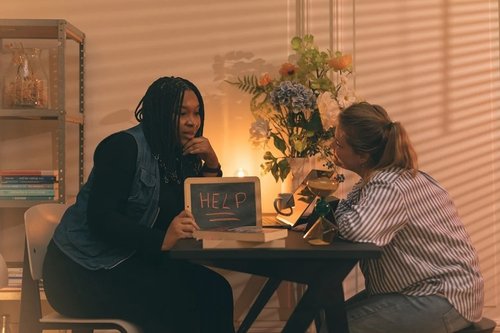
Why is Europe so eager to attract foreign workers?
Looking for work abroad? Now might be your chance. The European Union is facing labor shortages, prompting efforts to attract foreign workers.
May 22, 2024

What if working less isn't the answer?
For sociologist and researcher Julia Posca, "It's not just about working less, it’s mainly about working better."
Apr 10, 2024
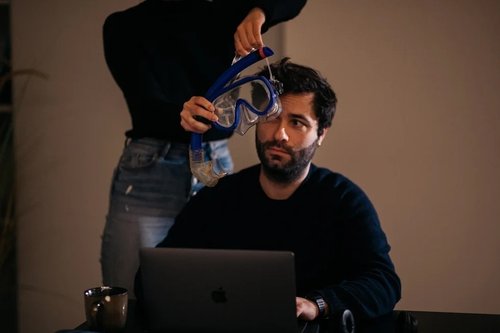
Hangover leave? Pawternity PTO? Explore the world’s quirkiest paid leave initiatives
Need time off for your birthday, a breakup or simply a lack of motivation? In some countries, it's possible.
Apr 04, 2024
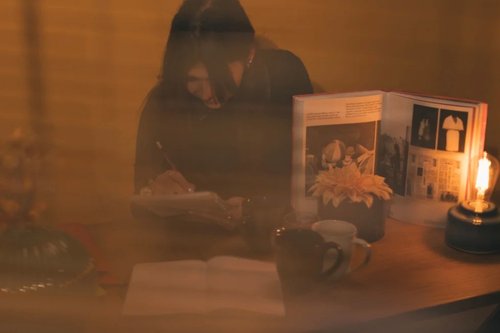
This Japanese café makes you stay until you finish your work
It may be an unusual place, but this café helps lone workers to reconnect in a society where the collective still takes precedence...
Jan 24, 2024
The newsletter that does the job
Want to keep up with the latest articles? Twice a week you can receive stories, jobs, and tips in your inbox.

Looking for your next job?
Over 200,000 people have found a job with Welcome to the Jungle.
Explore jobs

